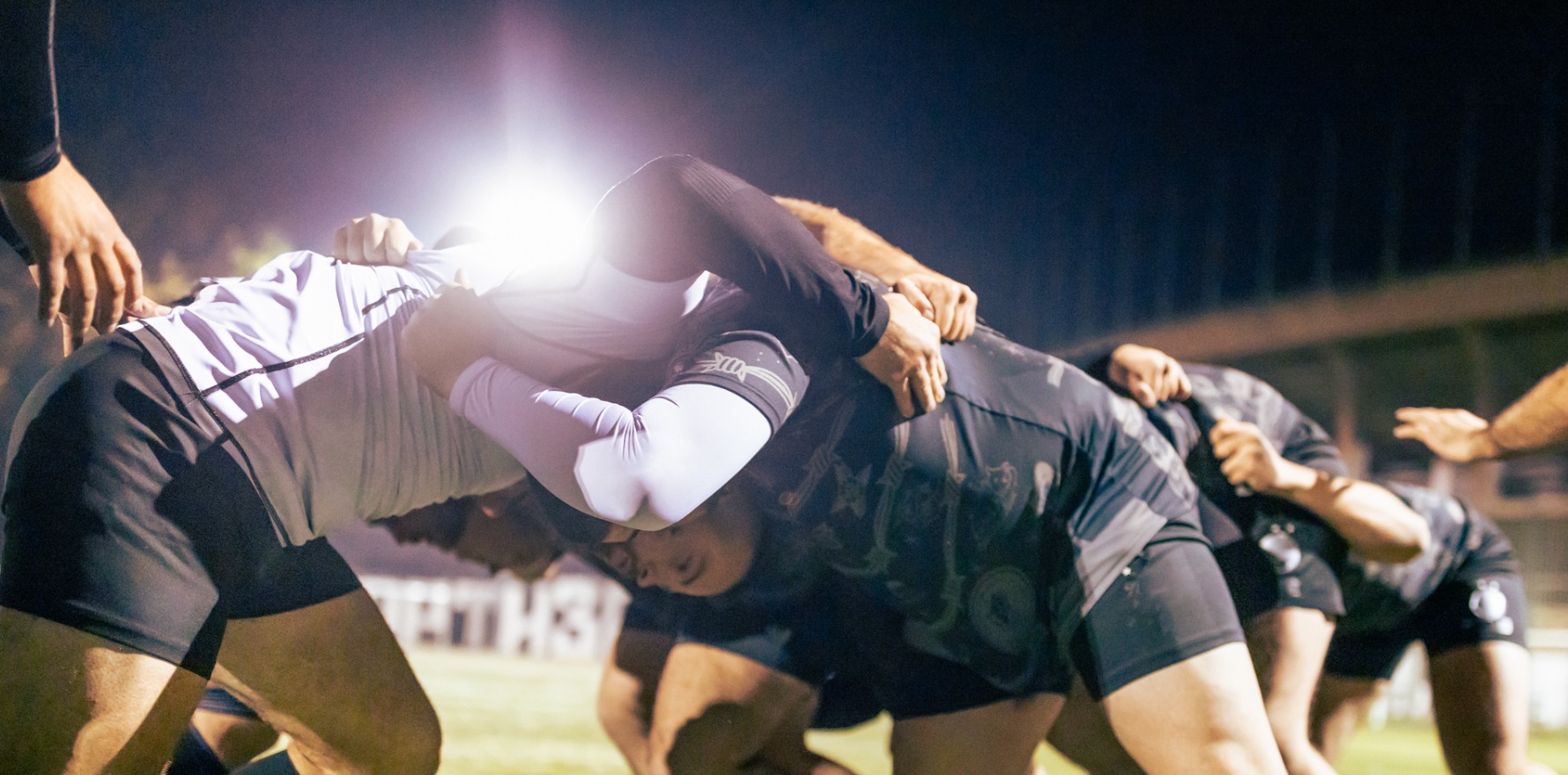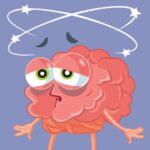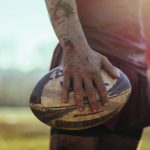The medical and scientific community have resoundingly welcomed findings from a review into concussion in sport – for the most part, at least.
A report from the Senate has officially endorsed what neurologists and brain researchers across Australia have been trying to communicate for years: that there is a causal link between repeated head knocks and progressive neurological damage.
It’s a link that the sporting industry has had a vested interest in minimising and denying.
The final report from the Senate community affairs committee’s inquiry into concussions and repeated head trauma in contact sports was tabled on 1 September.
Key recommendations included creating GP-specific concussion and head trauma guidelines, as well as a national sports injury database to track concussive and sub-concussive events in both professional athletes and community sport and binding return-to-play protocols for contact sports.
It also recommended that sporting codes consider changing rules to minimise the potential of head trauma occurring.
“This is not about banning contact sport or anything like that because as a GP I want people enjoying the sports they love,” RACGP president Dr Nicole Higgins said.
“Rather, it’s simply about making sensible changes to certain sports to reduce the impact of concussion and head trauma.
“Similarly, I think a national strategy featuring binding return to play protocols and other rules to protect people playing sport is the right way forward to ensure there are no ‘gaps’ leaving some participants out in the cold.”
Dr Higgins also said the college would be “keeping a close eye” on the government to ensure it delivered on creating the standardised, evidence-based concussion and head trauma guidelines for GPs.
She also added that broader Medicare reform has a place in improving care for people who may be suffering the long-term effects of multiple concussions.
“Something else that would be beneficial for patients suffering from concussion or head trauma is increasing Medicare rebates for consults lasting 20 to 40 minutes as well as those lasting 40 minutes to an hour,” said Dr Higgins.
“Taking care of a patient who has been concussed or suffered head trauma simply can’t be rushed.”
Prominent researchers in the field, like neurologist Dr Rowena Mobbs, neurophysiologist Dr Alan Pearce and neuroscientist Associate Professor Lyndsey Collins-Praino welcomed the Senate committee’s report, specifically that it acknowledged “clear evidence of a causal link between repeated head trauma and concussions and subsequent neurodegenerative diseases such as [chronic traumatic encephalopathy (CTE)]”.
“Importantly, this risk is not limited to dementia alone, but extends to other neurodegenerative diseases, including Parkinson’s disease, dementia with Lewy bodies and even potentially motor neurone disease,” Professor Collins-Praino said.
“The link between repeated head injury and neurocognitive symptoms, psychological disturbances and dementia is accepted as established generally as well as in the medical and scientific community,” healthy brain ageing researcher Professor Henry Brodaty said.
One medical voice that is noticeably missing so far is that of the Australasian College of Sport and Exercise Physicians, which has not yet made any comment.
Sports Medicine Australia – the peak body for all sports medicine, science and physical activity – said that the recommendations, if implemented, would help keep sports participants safer.
Its statement only contained a fleeting mention of CTE.
“Sports Medicine Australia welcomes any research and data that would establish the degree of association between concussion and long-term brain health including CTE, acknowledging that reliable data collection and research can take years and medical and scientific conclusions cannot be rushed,” it said.
The AFL, in its own response to the report, does not mention CTE at all.
Neither Rugby Australia nor the National Rugby League have issued any responses yet.





